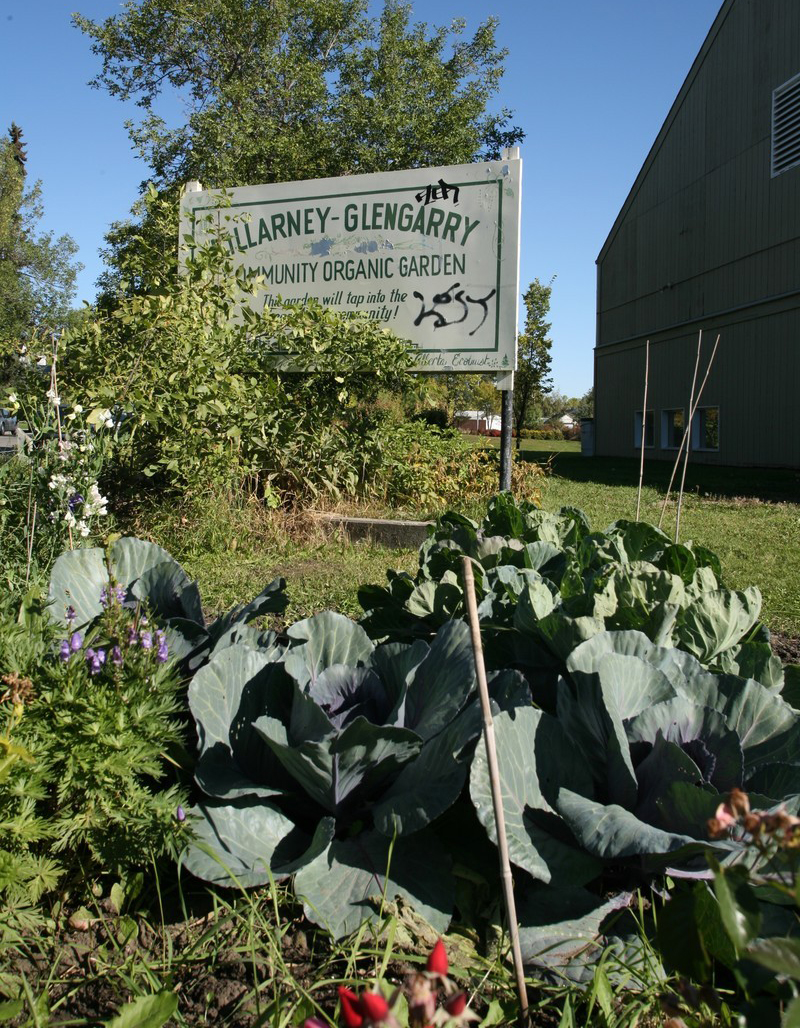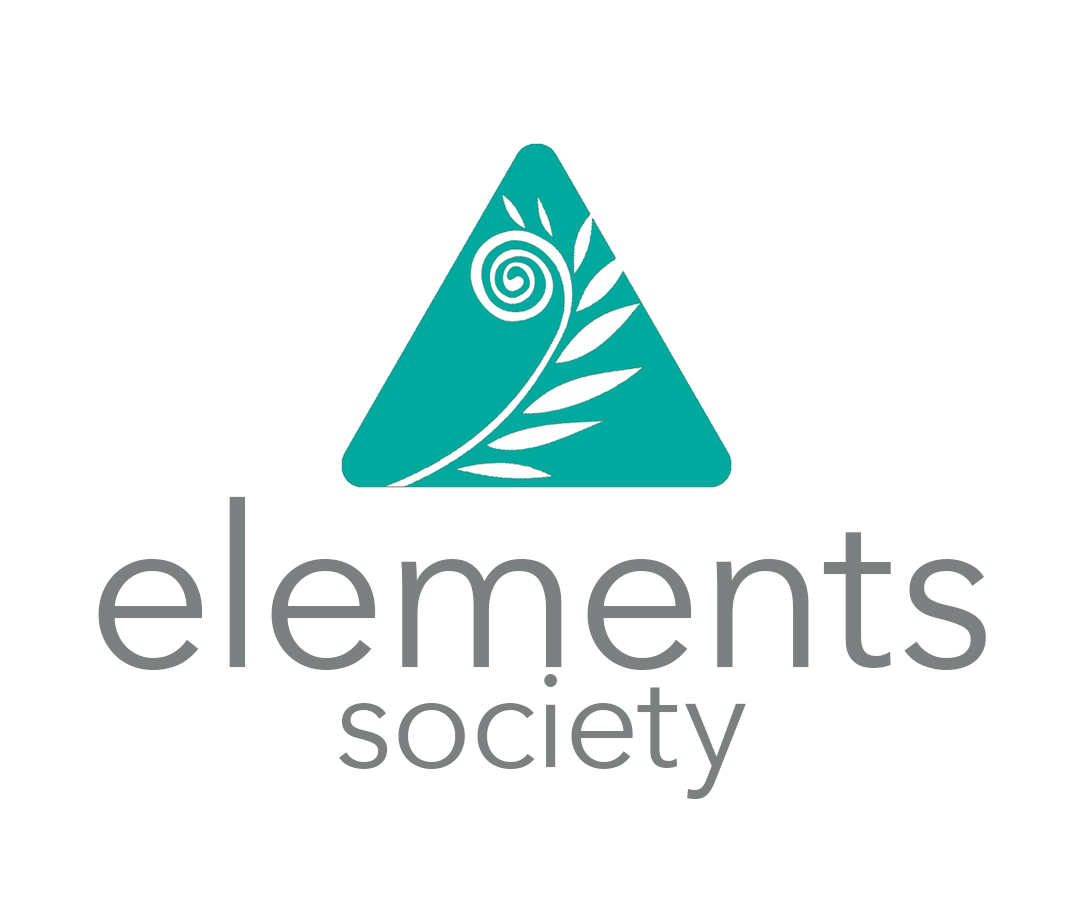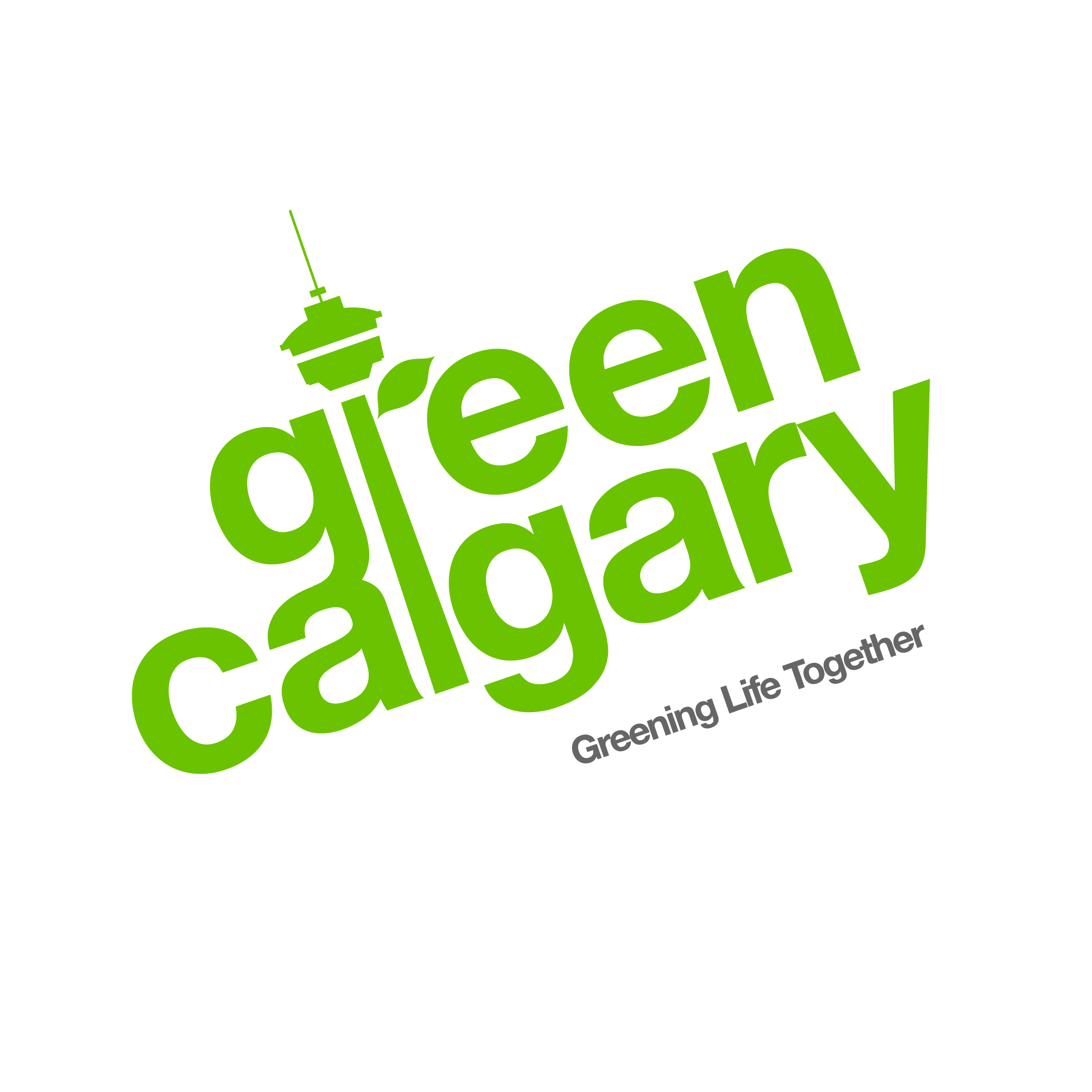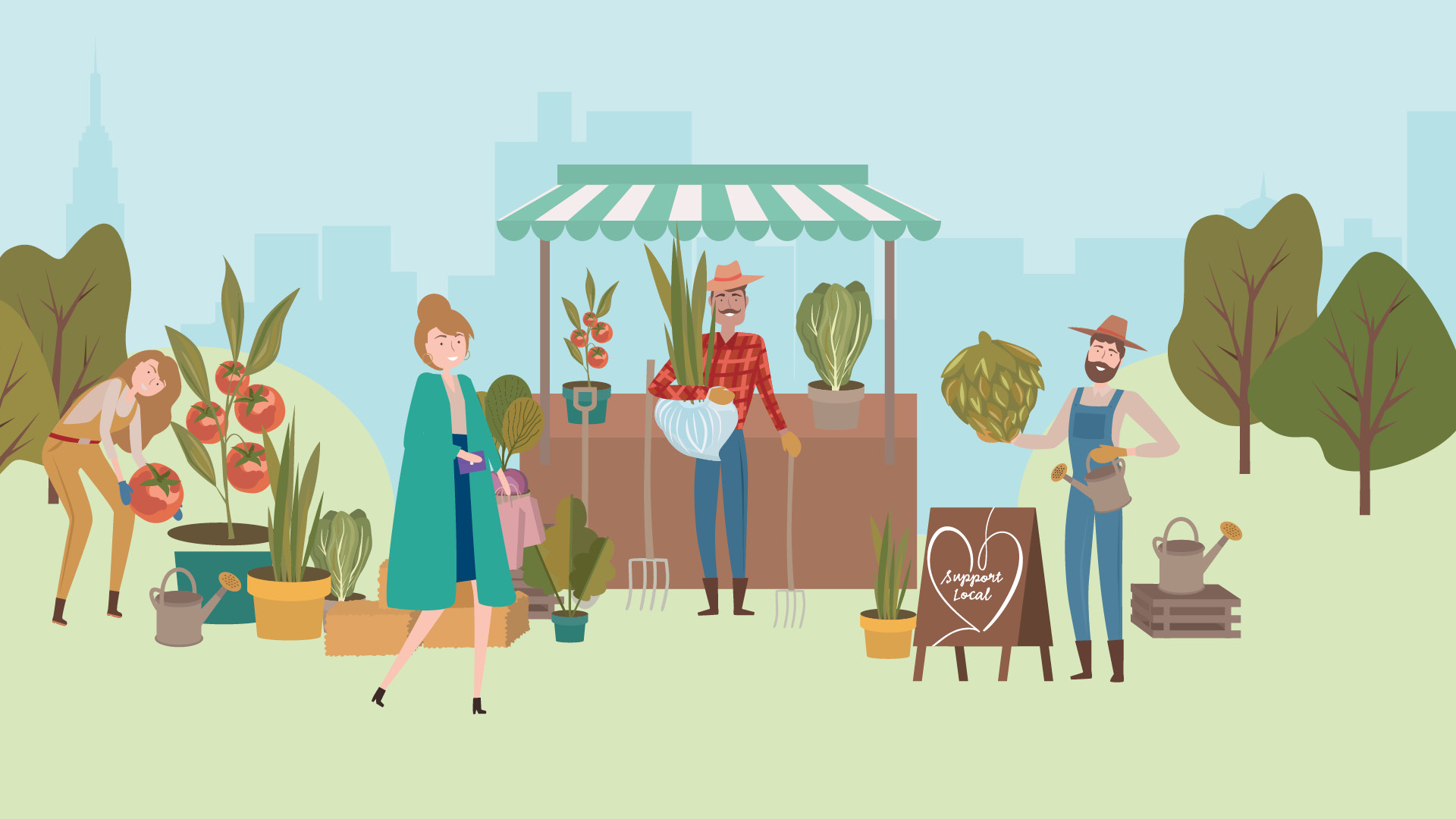Calgary Food Action Plan
The goal of the Food Action Plan is to provide more spaces to grow and sell local food. This can help more Calgarians access local food.
What The Food Action Plan aims for
- Create opportunities to build a sustainable and resilient food system through planning and land use.
- Support Iocal food growing with community gardens and urban farming.
- Make nutritious food easier to get for everyone in Calgary.
- Prevent food waste through education.
- Support community food programs.
- Conduct research and build community partnerships.
-
Where to find emergency food, low-cost food, and other community food programs.
-
Building relationships is key to address food system issues and achieve success.
On this page
-
Urban hens, beekeeping, indoor farming, Farm the City, farm stands, and food waste.
-
Farmers markets, agriculture/farm boxes, u-pick farms.
-
Residential gardens, boulevard gardens and community gardens.
-
Starting a new indoor food production business.
-
Growing plants outdoors for commercial purposes.
Current programs
Farm Stand Program
There are over 30 farm stands in Calgary where you can buy fresh local produce from nearby farmers. Picture sweet tomatoes, bunches of basil, or sun-kissed strawberries. Think about the fun cooking you can do with fresh ingredients—from zesty stir-fries to rainbow salads!
Visit Calgary.ca/localfood to find farm stand schedules, meet the vendors , or apply to become a vendor or host.
Food Resilience Strategy
A food-resilient Calgary means we are ready to handle challenges affecting our food supply. We must adapt to climate, economic and social changes that affect how easily Calgarians can get food. By strengthening our local food systems, we can help ensure everyone has reliable access to food. This applied to both tough times and in the future.
Growing food resilience in Calgary to support a strong food system for all Calgarians.
Food waste
Often, good food goes to waste and ends up in the compost bin. Food waste can happen when we buy too much, cook too much, or don't store food correctly. We can make an impact by creating less waste.
Learn how to avoid good food being thrown away.
Farm the City
The Farm the City program is an urban agriculture program that supports and expands the production of locally grown food by connecting growers to vacant City-owned land, through community partnerships.
Farm the City projects include:
Submit an inquiry to learn more about the Farm the City program and how you can participate.
Highfield Regenerative Farm Urban Agriculture Pilot Project
Developed in 2017
Located in the Highfield-Manchester Industrial area, Highfield Farm was the first urban agriculture project on vacant City-owned land. The purpose of the pilot project was to learn, develop and test a set of tools to enable The City to better support urban agriculture and food production activities.
The City of Calgary developed the Highfield Farm Urban Agriculture Pilot Project to work with a community partner in the exploration and development of key deliverables to increase future opportunities for successful urban farm development and contribute to the goals of the CalgaryEATS! Food Action Plan.
Outcomes of the pilot project include:
- Land Use Bylaw amendments to enable urban agriculture activities across the city;
- Increase urban agriculture activities through short-term leases on vacant City-owned land;
- A Leasing Process for urban farms on vacant City-owned land;
- Urban Agriculture Guidelines;
- Approvals and Regulation Information.
Highfield Regenerative Farm Urban Agriculture Pilot Project
Land of Dreams Farm
Developed in 2017
The Land of Dreams is an urban farming initiative on Treaty 7 territory in Southeast Calgary. Inspired by the wisdom of the Blackfoot community, this project aims to create a healing and restorative community space where newcomers to Canada can grow, learn, and thrive together. The farm offers refugees a safe space to connect with the Indigenous community, supporting their healing processes, educating them about the land’s history, and reconnecting them with their skills in farming brought here from their home countries.
Land of Dream Harvest Celebration
Vacant Lots Farm Club
Developed in 2024
Vacant Lots Farm Club is a Calgary based nonprofit that converts unused urban land into therapeutic growing spaces full of food and flowers. They engage in a variety of seasonal activities designed to nurture a relationship with nature. Membership is free and members get rewards for helping us turn empty spaces into abundant ecosystems.
This new urban farm project is located in NE Calgary.
Auburn Bay Community Farm
2019-2022
The Auburn Bay Community Farm (now closed) was a project developed on City-owned vacant land being held for a future Greenline Park and Ride. Maintained by neighbourhood residents and Hands On Growing, an education-based organization that helps communities grow local food, this unique mobile urban farm model operated for two years before moving to a new location.
Auburn Bay Community Farm
Indoor farming services and supports
The City knows that having different sources of food is important for a strong food system. The goal is to make it easier for indoor farming companies to establish their operations in Calgary.
Indoor farming means growing fruits, vegetables, plants, or other crops inside buildings to sell. It can include growing, raising, culturing or cultivating practices, and harvesting, storing, sorting, cleaning, and getting food ready to sell.
Find out more on how The City supports indoor farming.
Urban beekeeping program
The City provides regulation and licensing for urban beekeeping. This helps address issues and create solutions for bees, beekeepers and neighbours. This program was introduced in Spring 2022.
For details and requirements, visit urban beekeeping and licensing.
Urban hen program
The urban livestock licensing program allows Calgarians to keep backyard hens. The program accepted 100 applicants under a pilot project in 2022 and continues to accept new applications.
Learn more about the urban hen program and how to apply.
Learn more about livestock licensing.

Circular Food Economy Programs
A new series of Circular Food Economy Programs is now being offered by The City along with community partners: Elements Society, Green Calgary, and the Calgary Horticultural Society. The programs are free and designed for all Calgarians.
Elements Society
Elements Society empowers youth to show environmental leadership at school, at home, and in the community.
EcoCooks Program
Elements Society offers a science-based program showing how food choices affect our planet's health through fun, hands-on activities.

Learn more about the EcoCooks program and how schools can register.
Green Calgary
Established in 1978, Green Calgary is an environmental charity and voice for environmental action. They are dedicated to healthy homes, communities, and businesses. Green Calgary offers programs to support the adoption of practices addressing environmental issues.
Spill the Beans: Unpacking Your Food Waste
The Spill the Beans program offers free workshops to community groups and associations in Calgary. The program focuses on food waste reduction. Topics taught include shopping seasonally, locally produced food, meal planning, cooking, and preserving food.
Food for Thought
Food for Thought is a Calgary food resource that provides resources and self-guided learning. Topics include meal planning, residential unused fruit donations, seasonal produce, and gardening.

Learn more about the Green Calgary, Spill the Beans, and Food for Thought.
Calgary Horticultural Society
For 115 years, the Calgary Horticultural Society has helped our gardening community by teaching, empowering, and connecting people. One of their values is to lead in making Calgary a city of gardening excellence.
Seed to Table Program
Seed to Table is a low input growing initiative that goes through each stage in a gardening journey. It provides educational talks and workshops about sustainable food growing and gardening. This program aims to strengthen social connections, empower land stewardship, and increase knowledge among participants. Participants will learn how to become self-sufficient, save money, and reduce waste on their gardening journey. These free and low-cost talks and workshops are held online and in-person.

Learn more about the Seed to Table Program and how to attend the talks and workshops.
Where to find local food
Farm Stand Program
The Farm Stand Program provides local farmers space to sell on City land and brings more fresh produce close to your home! With over 30 farm stands across Calgary, there is likely a stand near you. Visit Farm Stand Program for locations and times.
- If you are interested in running a farm stand on City-owned property, please submit an application.

Other local food options
Community supported agriculture / farm box subscriptions
Farmers' markets
- Shopping at local farmers’ markets is a great way to support local food production.
- Find a farmers’ market in your area or shop online.
U-pick farms
Community food growing
Residential gardens
Household food production can include a variety of spaces and produce. Grow herbs and small vegetables inside your house. Plant fruit and vegetables in the ground or in raised beds in your yard. Food production at home can include vertical gardens, balcony gardens, rooftop gardens, and greenhouses. You can grow a wealth of fresh food in even the smallest garden plot or containers.
- Healthy, fresh produce for you and your family.
- Reducing the environmental impact of food transport and storage.
- Connection with nature and raising awareness of local food.
Boulevard gardens
Boulevards are generally located between property lines, are City owned and are usually grass.
Boulevards are owned by The City. However, homeowners are responsible for maintenance of the boulevard next to their property. Since most boulevards are grass, it may be possible to plant a garden. In all cases, permission from The City is required.
To add a boulevard garden, contact 311 to learn about the approval process.
Community gardens
Community gardens can improve the health and well-being of neighbourhoods in Calgary. The City values these gardens and supports creating new ones on public land and keeping the existing ones. We're happy to support community gardens by working with different organizations.
Visit 'Community gardens in Calgary' to learn how to start a community garden.
Indoor commercial food production
Indoor commercial food production is allowed in Industrial and Commercial districts. This includes hydroponics, aquaponics, aeroponics, raising insects, and aquaculture in buildings, structures, and freight containers.
Food production includes fruits, vegetables, mushrooms, flowers, fibre, seeds, nuts, seedlings, herbs, insects, and fish. It involves activities like cultivation, harvesting, storing, sorting, cleaning, and packaging.
Food production does not include products regulated by the Controlled Drug and Substances Act (e.g., cannabis).
-
Visit the food production business guide for more information.
Starting a new indoor food production business
Before choosing a space for your business, check if The City can approve your request to operate at the desired location. All businesses need land use approval and a City-issued business license. You must get land use approval before a license can be issued. Visit the Food production business guide for more information.
Note: the Alberta Building Code considers shipping containers to be buildings. The unit must meet factory certification standards to CSA A277 or CSA A660 or a combination thereof.
Development permit
Food production is allowed in most industrial areas and is a discretionary use in all commercial districts. A change of use may be required depending on your business location.
Please contact the Planning Services Centre for more information.
Building permit
A building permit is required for new structures and might be needed for existing ones. Units inside a warehouse need an interior partitioning building permit.
Check the Alberta Building Code for commercial building permits for more details.
Business licence
A Food Service - Premises business license may be required. Review how to start a business for more information.
Food handling permit - Alberta Health Services
If you are packaging your product, you will need a food handling permit.
Alberta Health Services Resources
Outdoor commercial urban agriculture
Urban Agriculture involves growing plants outdoors for commercial purposes. This can be done on a vacant parcel, rooftop, or any area suitable for landscaping. The plants are sold or donated and consumed by someone other than the grower.
- We encourage food growers to use raised beds with clean soil and a permeable geotextile landscaping fabric that acts as a barrier against soil contamination.
- The farmer is responsible for ensuring the soil is good quality and suitable for growing food.
- Urban Agriculture does not include raising animals.
- A stripping and grading permit is not required for Urban Agriculture activities.


